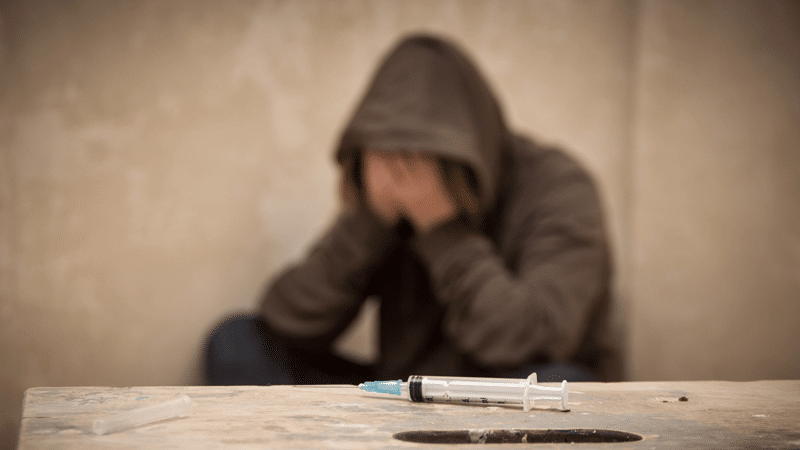Ministry of Justice figures revealing the widespread use of Community Resolutions (CRs) for drug offences last year have fuelled fears of decriminalisation by the back door.
Of the 130,000 CRs issued between March 2019 and March 2020, 52,000 were for drug offences.
Officially described as an “alternative way of dealing with less serious crimes”, the increased use of these non-criminal sanctions has proved controversial, with 32.3 per cent of drug offences being dealt with informally.
‘Soft justice’
Originally brought in to address crimes such as graffiti and petty theft, figures in recent years have shown CRs being applied to serious offences, including Class A drug possession and violence.
Chair of the Bar Council, Amanda Pinto QC, said: “We had warned against using out of court disposals for serious crimes months ago, to avoid sending a message of ‘soft justice’ to potential criminals.”These methods must not be used as an alternative to bringing serious criminals to justice
She added: “These methods must not be used as an alternative to bringing serious criminals to justice”.
Decriminalisation
Earlier this year, analysis by The Daily Telegraph showed a drastic rise in the national proportion of offenders receiving a CR for cannabis possession.
In 2015-16, it stood at 6.6 per cent but increased to 27.8 per cent in the first quarter of 2019-20. In Hampshire the use of CRs jumped from 7.5 per cent to 70.2 per cent over the same period.
Think-tank Civitas warned that the increased use of the resolutions for cannabis possession meant police were “effectively decriminalising” the Class B drug.
Drug users to avoid arrest under police scheme
‘Sell cocaine and ecstasy in pharmacies’ pro-legalisation group urges Govt


